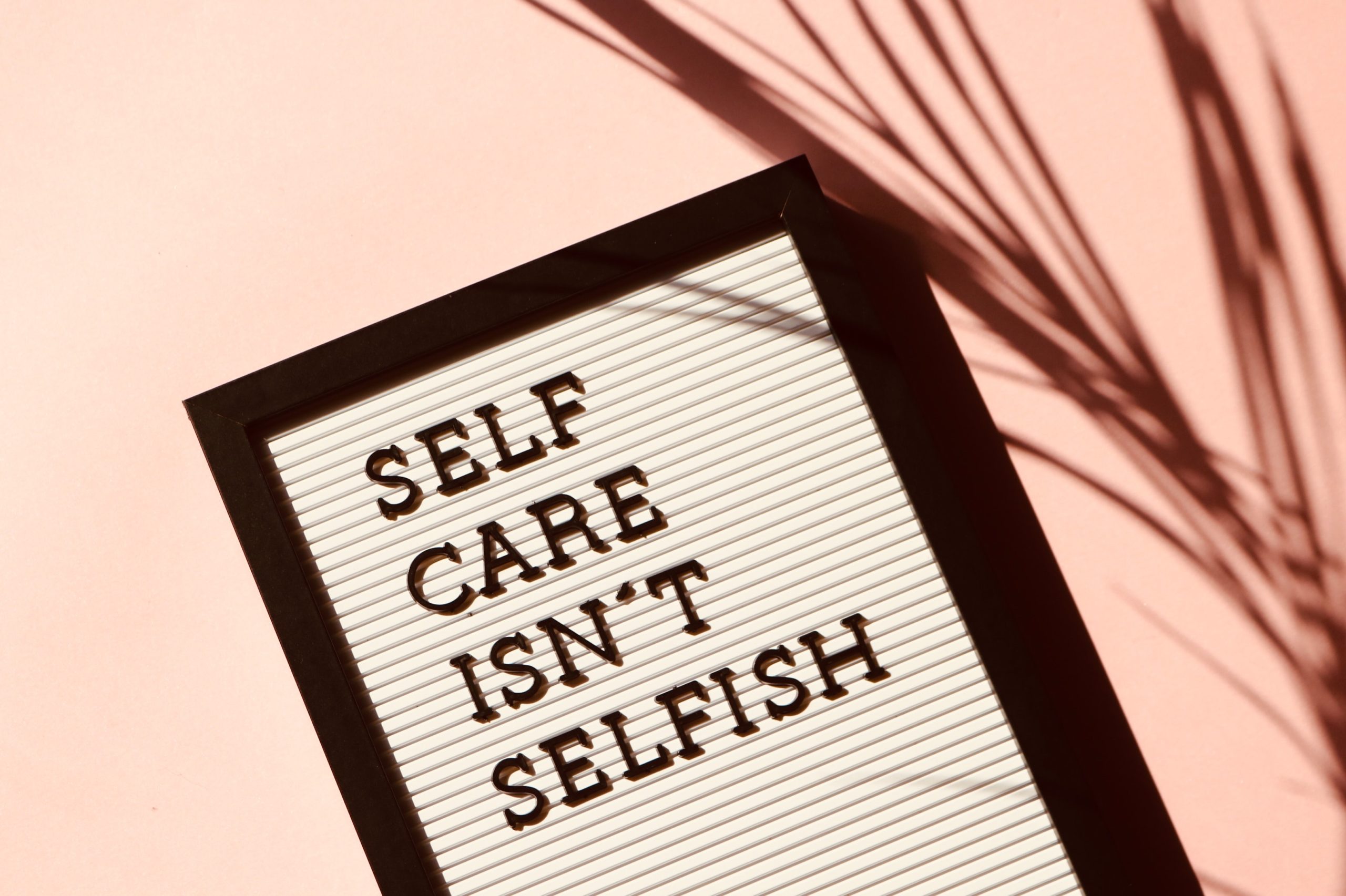 How to look after your mental health
How to look after your mental health
We all have mental health, depending on our genetics, past experiences, and current life situations our mental health can be impacted both positively and negatively. It is therefore important to look after ourselves, not only our physical health but also our mental health. Mental and physical health coexist, you cannot have one without the other.
How can we look after our mental health?
There are many strategies we can adopt to improve our mental health, not all strategies will work, and it may be a case of finding what works for you. Strategies may vary depending on the situation. Being around friends and family, talking to them and keeping busy. When we are alone, or not doing anything we have time to ruminate about things that are bothering us which often has a negative impact on our mental health.
Sleep and mental health are intertwined
Not having enough sleep or good quality sleep can have a negative impact on our mental health, our mental health can also have a negative impact on sleep. Adopting good sleep hygiene is beneficial.
Activities to improve sleep include adopting a routine before bed, this could be a relaxing activity such as having a lavender bath, listening to calming music, carrying out relaxation methods such as breathing exercises or visualization.
• Avoid caffeine later in the day
• Try to be more physically active during the day
• Avoid blue light before bed, as it decreases melatonin production
• Avoid watching anything stimulating or anything that may cause you stress
• Keeping a sleep diary can help find triggers for poor sleep.
• Keep the bedroom calm and relaxing to aid sleep.
• Cut down smoking and alcohol intake.
• Avoid big heavy meals before bed to allow time to digest it.
Understanding and managing emotions
Feelings of upset and distress can have a negative impact on all aspects of our daily living. We may struggle to sleep, interact with friends and family, relax, or manage life events. We do not always know why we feel upset, and these feelings can bring up a mixture of emotions. Mindfulness can help manage our emotions, reduce emotional awareness, improve self-compassion, minimizes overreactions to situations and overwhelming feelings. Mindfulness originates from Buddhist philosophy and the techniques teaches us to make a special effort to note what is going on in the moment with our, mind, body, and surroundings without any judgement. Avoid using drugs and alcohol to manage emotions, these only offer a temporary relief from the situation and will be more detrimental to your mental and physical health. Talktofrank.com offers support to people using drugs and alcohol.
Exercise is beneficial not just for our physical health but our mental health
Exercise can work in isolation or in combination with other interventions. Whatever exercise you choose to do it should be something that you enjoy and in moderation. Exercise increases serotine and endorphins which in turn improves mood, improves sleep, reduces stress, anxiety and can help decrease symptoms of depression. Nature walks, provides a calming environment. According to the Mental Health Foundation, during the Covid-19 pandemic this was the most popular way of managing stress. The Japanese use forest breathing to experience, smells, sounds and textures to improve mental health. By being outside, taking deep breaths, and using your senses to take in the smells, sounds, textures, and surroundings helps to improve wellbeing.
Article: Claire Newman
